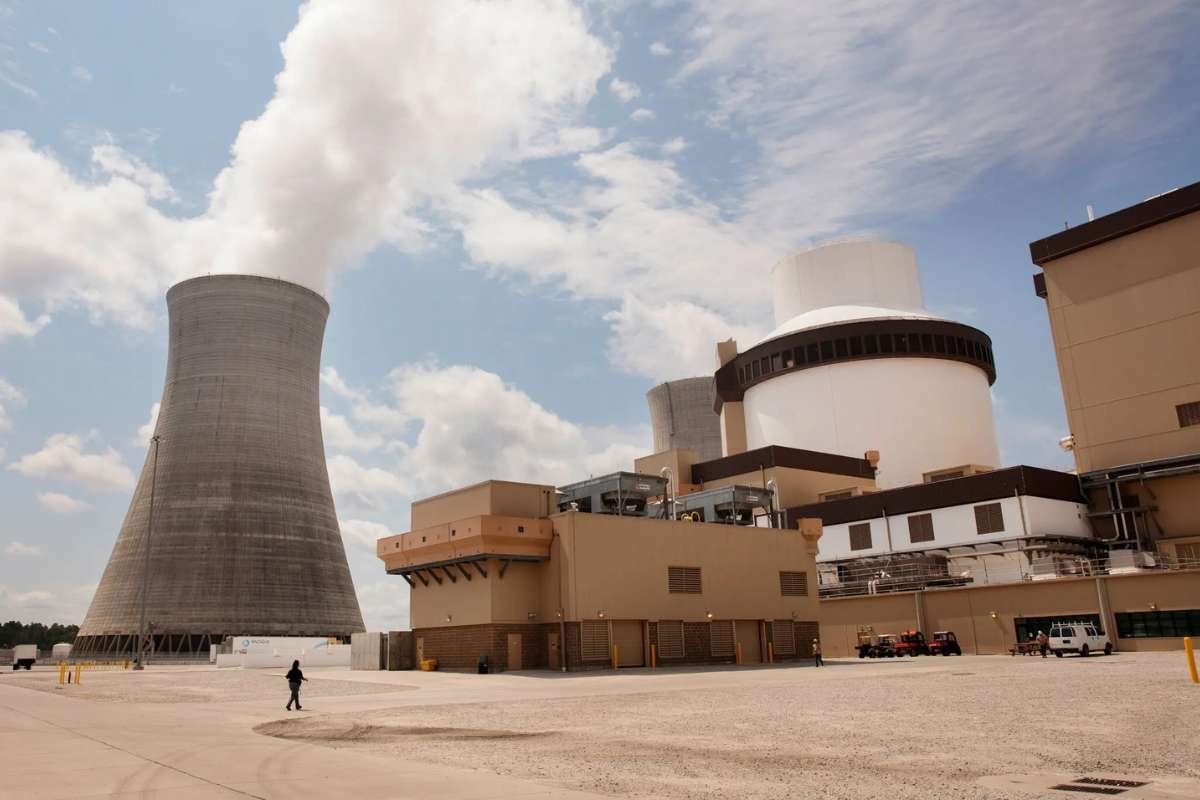Large technology corporations like Microsoft, Amazon, and Google are turning to nuclear energy as a sustainable, emissions-free power source to meet the growing energy demands of artificial intelligence (AI) and data center operations. With AI technologies requiring significantly more energy than traditional tech services like social media and web searches, these companies seek alternatives to conventional wind and solar energy, which, while environmentally friendly, do not provide a consistent power supply.
Microsoft recently struck a deal to revive the Three Mile Island nuclear power plant in Pennsylvania, and both Google and Amazon have committed to small modular reactors, a developing nuclear technology seen as more cost-effective and easier to implement than traditional reactors. According to experts, these smaller reactors could be the key to fueling the rapid expansion of AI infrastructure.
Investments in Small Modular Reactors
Google has announced its collaboration with Kairos Power to develop small modular reactors (SMRs) by 2030, while Amazon has invested in X-Energy, another company focused on SMRs. These tech giants have historically relied heavily on wind and solar energy, but the increasing demand for uninterrupted, reliable power has pushed them toward nuclear energy, which doesn’t produce greenhouse gas emissions and can operate continuously. Microsoft, for its part, has partnered with Constellation Energy to bring the shuttered Three Mile Island facility back online.
Aneesh Prabhu of S&P Global Ratings stated that nuclear energy offers the most viable solution for the tech sector’s energy needs, especially as companies aim to achieve their emissions-free power goals by 2030. These companies are responding to growing energy needs driven by AI, which requires more electricity than conventional technologies.
Challenges and Political Support
Nuclear energy, while appealing to tech giants and essential to President Biden’s emissions reduction goals, still faces challenges. Critics point to the high cost of building new reactors, long construction delays, and unresolved issues around storing spent nuclear fuel. Arnie Gundersen, a nuclear energy critic, highlighted that the U.S. has historically faced setbacks in constructing power reactors, with many projects canceled or failing to meet deadlines and budgets.
Despite these obstacles, the Biden administration has shown support for nuclear energy. The president recently signed a bipartisan law designed to accelerate nuclear energy projects, viewing them as crucial to cutting carbon emissions. Energy Secretary Jennifer M. Granholm echoed this sentiment, emphasizing the importance of revitalizing nuclear power to meet growing energy demands across various industries, including AI, data centers, and manufacturing.
As the tech industry continues to back nuclear power, investments in nuclear projects are expected to rise. Bill Gates and Warren Buffett have also committed significant resources to developing small reactors that could potentially be mass-produced, making them more affordable and scalable.









